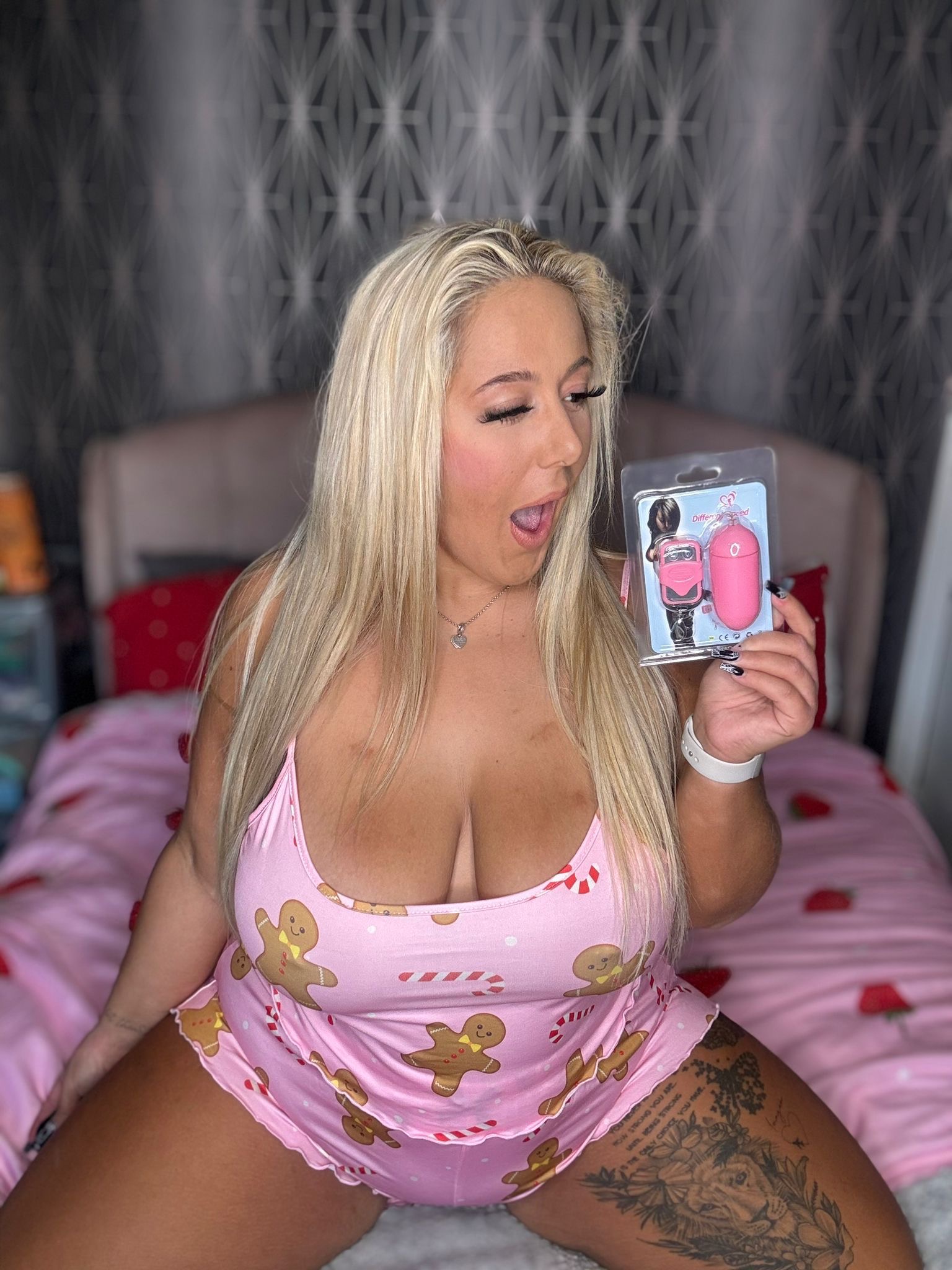Building a Culture of Inclusivity
A culture of inclusivity is a vital component of any harmonious society, where individuals from diverse backgrounds can coexist and thrive without feeling marginalized or excluded. However, in today’s world, where differences are often highlighted and tensions run high, fostering an inclusive environment has become more crucial than ever. One approach that holds great promise in promoting inclusivity and understanding is relationship education.
Fostering Empathy and Understanding
Relationship education has emerged as a crucial tool for fostering empathy and understanding in diverse societies. By teaching individuals, particularly children and adolescents, how to navigate complex relationships effectively, relationship education can help break down social barriers and promote inclusivity. This approach acknowledges that relationships are at the heart of human experience, influencing how we interact with others and form communities. By cultivating empathy and understanding through relationship education, individuals can develop a deeper appreciation for the perspectives and needs of others, ultimately contributing to a more harmonious and accepting society.

Addressing Social Barriers and Stigma

Addressing social barriers and stigma is crucial for promoting inclusivity and understanding in society, particularly when it comes to sensitive topics such as mental health, relationships, and identity.
The presence of social barriers can prevent individuals from seeking help, expressing their feelings, or forming healthy connections with others, thereby exacerbating existing inequalities. Stigma, in particular, can have a profound impact on marginalized communities, leading to feelings of isolation, shame, and low self-esteem.
Addressing Microaggressions and Implicit Bias

Addressing microaggressions and implicit bias is essential in creating an inclusive environment, where individuals feel valued and respected. Microaggressions, although subtle, can have a profound impact on marginalized groups, perpetuating stereotypes and reinforcing existing power dynamics. Implicit bias, on the other hand, operates at the subconscious level, influencing our attitudes and behaviors without us even realizing it. In language, we often unintentionally use language that excludes or marginalizes certain groups, further entrenching these biases.
Creating Inclusive Spaces
In today’s diverse societies, creating inclusive spaces where individuals from different backgrounds can interact and learn from each other is more crucial than ever. However, fostering an environment of mutual respect, empathy, and understanding can be a challenging task. This can be achieved through education, specifically relationship education that focuses on promoting inclusivity and breaking down barriers between people from different walks of life.
Supporting Marginalized Communities

Supporting marginalized communities requires a nuanced understanding of their unique experiences and challenges. Language plays a significant role in promoting inclusivity and fostering greater empathy towards diverse groups, including women, people of color, LGBTQ+ individuals, and those from low-income backgrounds. Through effective communication, relationship education can help break down social barriers, reduce stereotypes, and create safe spaces for marginalized communities to share their stories and perspectives.
Shop sex lubricant applicators for easy and precise use at Peaches and Screams Buy stylish collars at Peaches and Screams Stay safe with condoms from Peaches and Screams Shop metal butt plugs for a premium experience at Peaches and Screams Discover discontinued products for unique finds at Peaches and Screams Buy jelly dildos for soft, flexible play at Peaches and Screams
Crimson Hill Azmia Magane Crimson Hill Christina Stambolian
- Why CBD Gummies Are A Great Choice For Pain-Free Living - November 9, 2025
- What Is The Best Filler For Over 65? - November 7, 2025
- What Are The Benefits Of CBD Gummies For Skin Health? - November 6, 2025
